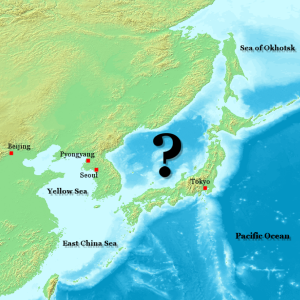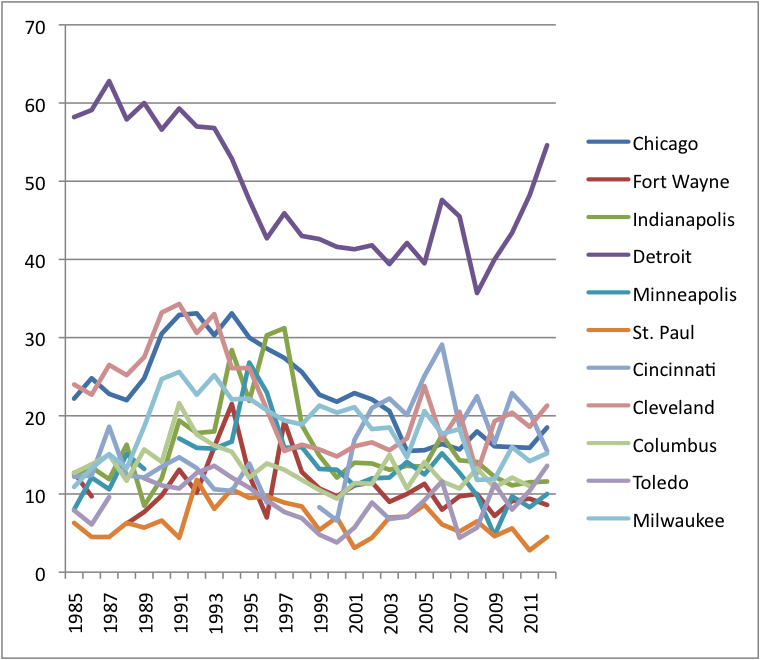New Speaker Series in Labor and Employment Law
I am excited to announce the kick-off of a new speaker series in labor and employment law, sponsored by the Labor and Employment Law Program at Marquette University Law School.
We are really starting the program off with a bang.
On March 17th, Sam Estreicher (NYU Law) will be debating yours truly on his new labor law reform proposal, “Easy In, Easy Out” (details about that proposal here). You can register here.
On March 27th, in conjunction with the Third Annual ERISA National Conference at Marquette, Assistant Secretary of Labor and head of the Employee Benefit Security Administration (EBSA) Phyllis Borzi will be speaking about the Affordable Care Act. You can register here.
Finally, on April 8th, Professor Takashi Araki, former Dean and Professor of Law at the University of Tokyo Law School and Visiting Professor this semester at Harvard Law School, will be coming to speak about contemporary topics in Japanese employment law. You can register here.
All events are scheduled at noon and include lunch.


